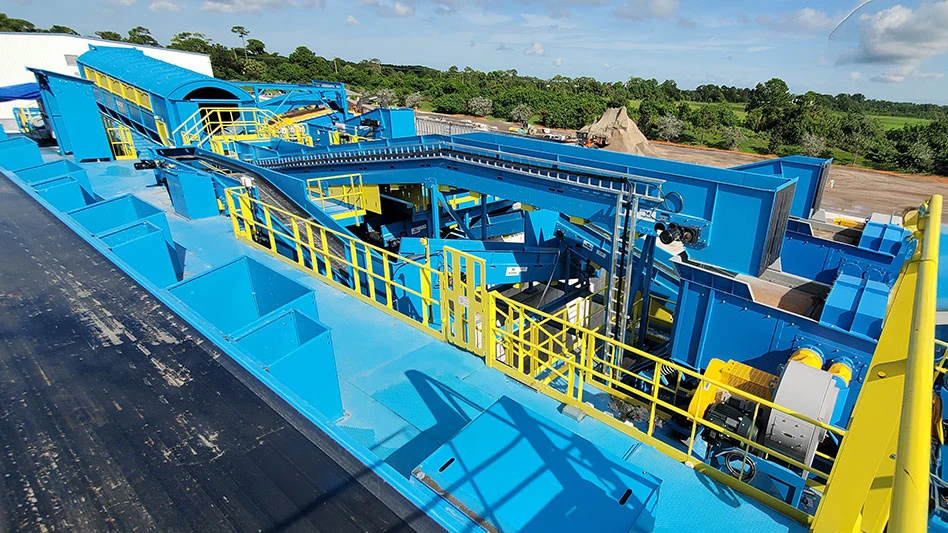
fotosr52 | stock.adobe.com
The Organization for Economic Cooperation and Development (OECD) has released a report titled “The climate implications of government support in aluminum smelting and steelmaking,” which concludes that removing government support for aluminum smelting and steelmaking could be a cost-effective strategy for decarbonization.
The report was welcomed by the aluminum associations of the United States, Europe, Canada and Japan, which note that the report finds that government support of these industries has increased output and greenhouse gas (GHG) emissions in the two sectors and shifted production to less efficient and higher GHG-emitting plants, most notably in China and India. It also highlights the expected benefits of alternative support measures that target the development and adoption of new climate technologies that are essential for the transition to net zero emissions (NZE) globally.
The OECD report simulates removing existing government support and estimates that doing so would decrease global GHG emissions by 1 percent while reducing global output by only 0.3 percent. These results are driven by China and India, which account for 96 percent and 89 percent of the emissions and output reductions, respectively. This is largely because China and India have a ratio of support to output between 1.8 and 7 times the world average and GHG emission intensities that are one and a half to three times larger than those in OECD economies.
Charles Johnson, president and CEO of The Aluminum Association, Arlington, Virginia; Paul Voss, director general of European Aluminium, Brussels; Jean Simard, president and CEO of the Aluminium Association of Canada, Montreal; and Yasushi Noto, executive director of the Japan Aluminium Association, Tykyo, say, “The report highlights that addressing excessive subsidies and thereby ensuring a level playing field globally can be a cost-effective strategy to reduce emissions in hard-to-abate sectors like aluminum. Across aluminum supply chains today, high levels of support in China displace output from lower GHG-emitting production systems, resulting in a much higher carbon footprint globally. Removing such harmful support is an essential element of the aluminum industry making the transition to net zero emissions globally.”
They also say balancing government support and private sector spending on research, development and technology adoption is key to enabling sustainability in the aluminum industry. “The transition to NZE globally will require massive new investments, but the costs cannot be borne by governments alone,” the aluminum associations' leaders add. “Additional private sector investments in electricity decarbonization, near-zero GHG emission smelting systems and near 100 percent aluminum recycling rates are also needed. These investments are contingent on aluminum markets being fair, open to competition and free of aggressive state capitalism.”
According to the OECD report, additional analyses could further identify the design features of government support that generate the most adverse effects from a trade and environmental perspective, while more research is needed to understand the distributional concerns that could arise from phasing out government support to these energy-intensive industries.
Latest from Recycling Today
- Greenwave raises revenue but loses money in Q2 2025
- Recycled steel prices hold steady
- EY says India’s need for scrap imports will continue
- Coming full circle
- Amcor, DCM introduce fertilizer packaging with 35 percent recycled content
- Comstock Metals gets closer to commissioning commercial-scale solar panel recycling facility
- Washington selects Circular Action Alliance as PRO
- Smurfit Westrock expands in Latin America





